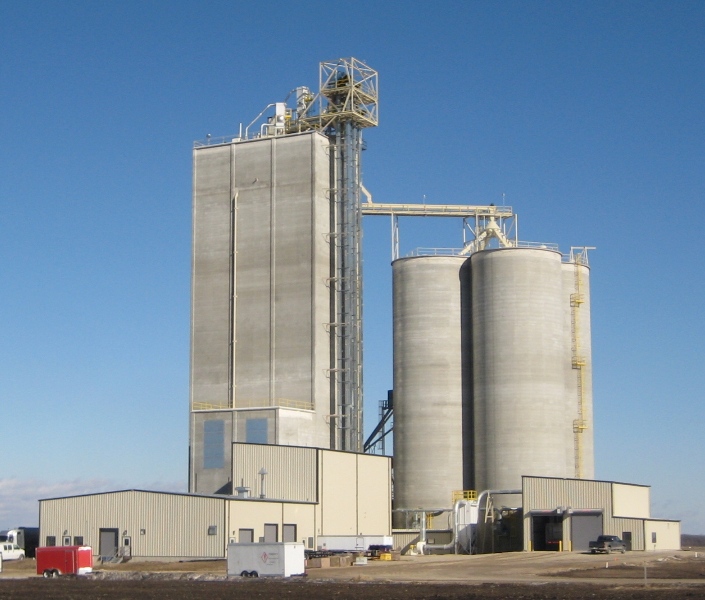
Written by: Gary Huddleston | July 3, 2024
Recently, the Occupational Safety and Health Administration published a controversial final rule expanding access for third parties to participate as employee representatives in workplace inspections. The rule could potentially open employers up to third parties that do not necessarily represent employees’ or the government to OSHA’s inspection process and has caused animal food companies some alarm.
OSHA originally published its Worker Walkaround Representative Designation rule in 1993, granting employees, and their representatives (i.e., unions), the right to accompany OSHA compliance safety
Fast forward 30 years to today. In May, OSHA published a rule, reminiscent of a former Obama-Biden administration policy rescinded during the Trump administration, that allows any representatives—union organizers, community activists or third parties—who may or may not officially represent the employees or government to accompany CSHOs during site inspections, should the CSHO determine they might have a positive impact on the inspection.
The American Feed Industry Association has been tracking this final rule for several years, including the recent, rushed process to publish the rule ahead of the November election—a process that usually takes upwards of seven years, but in this case, only took seven months to complete, which avoids the risk of potential rescission under a Congressional Review Act should there be an administration change.
Not only are our member companies concerned about who is getting access to their facilities, but also that the guidance for which third-party representatives constitute “reasonably necessary” is unclear. There are also concerns about unsolicited campaigns toward employees.
As an industry, we work just as hard to protect the health and safety of our employees as we do to manufacture safe foods for animals. We are concerned that this rushed rule potentially opens facilities up to bad actors that could expose proprietary information, wander into unauthorized areas or engage employees with union or other materials without prior consent.
Comments See our policy on comments